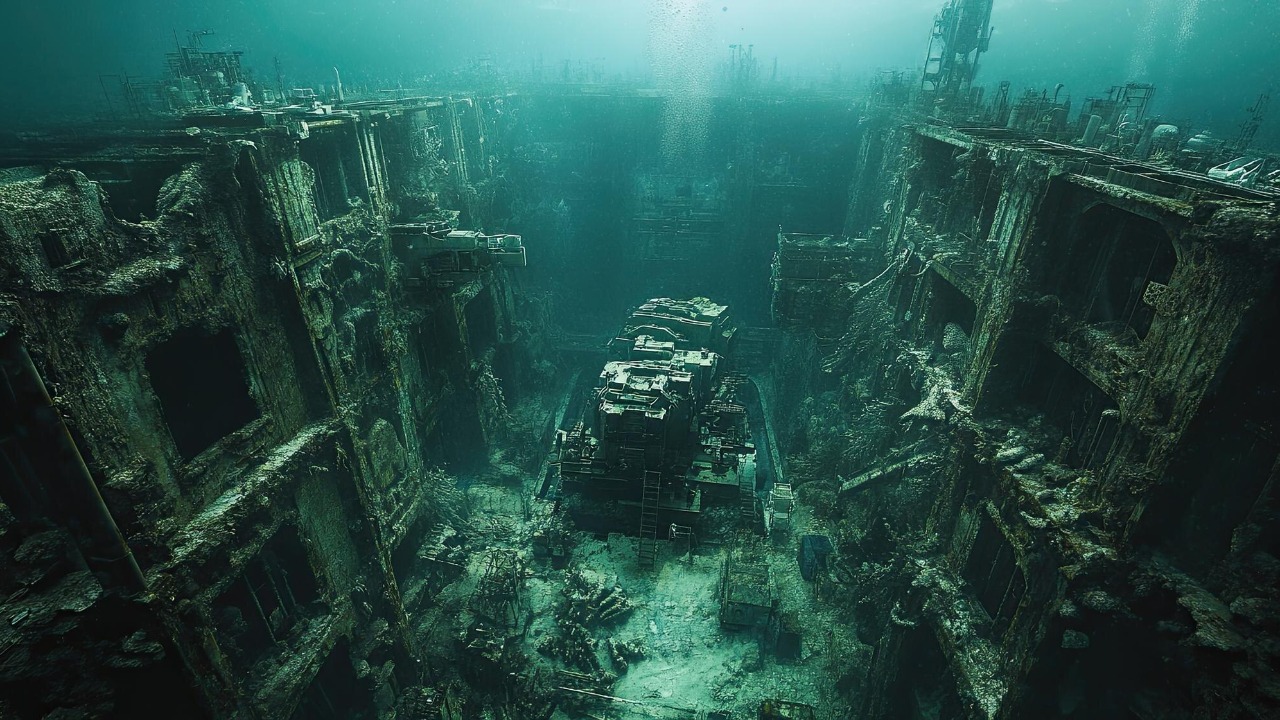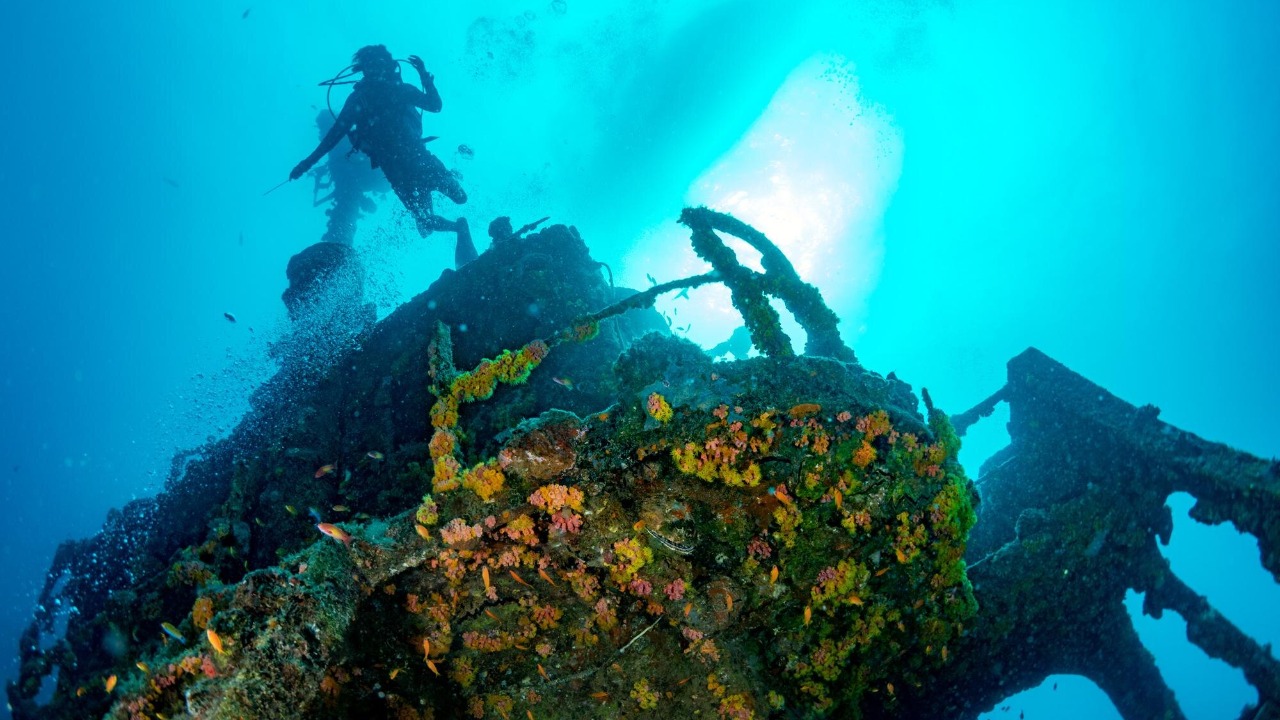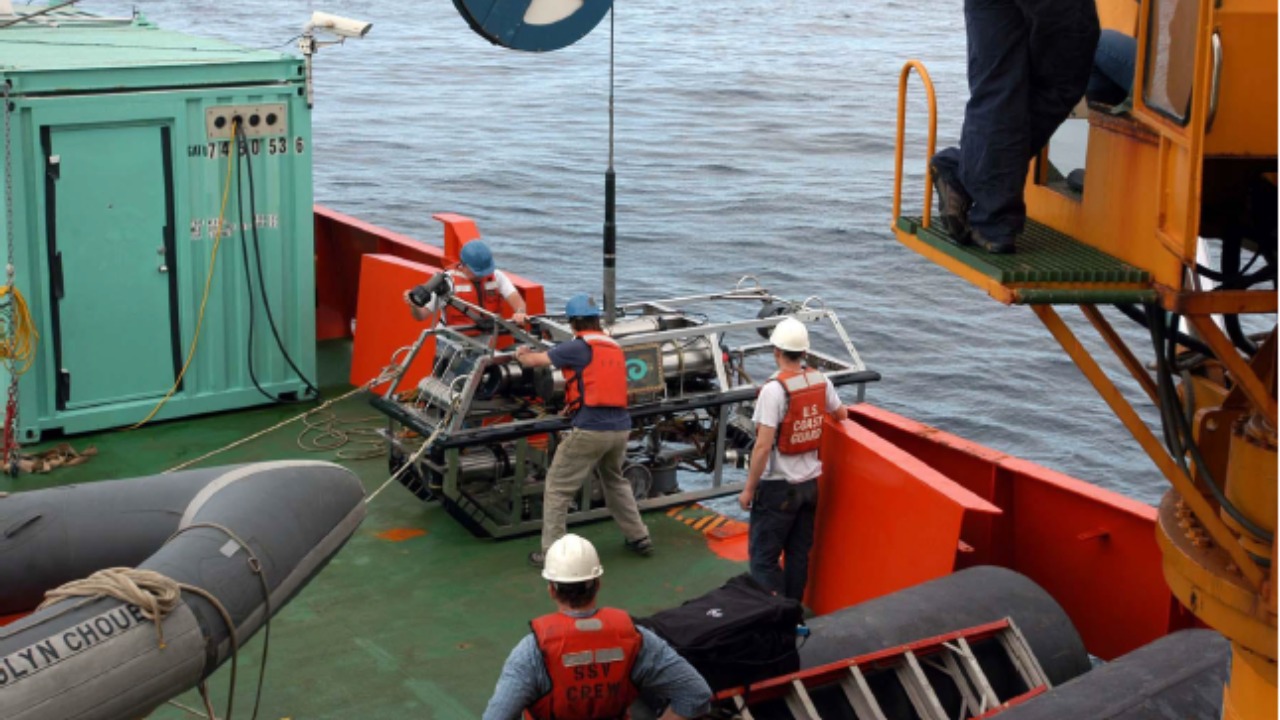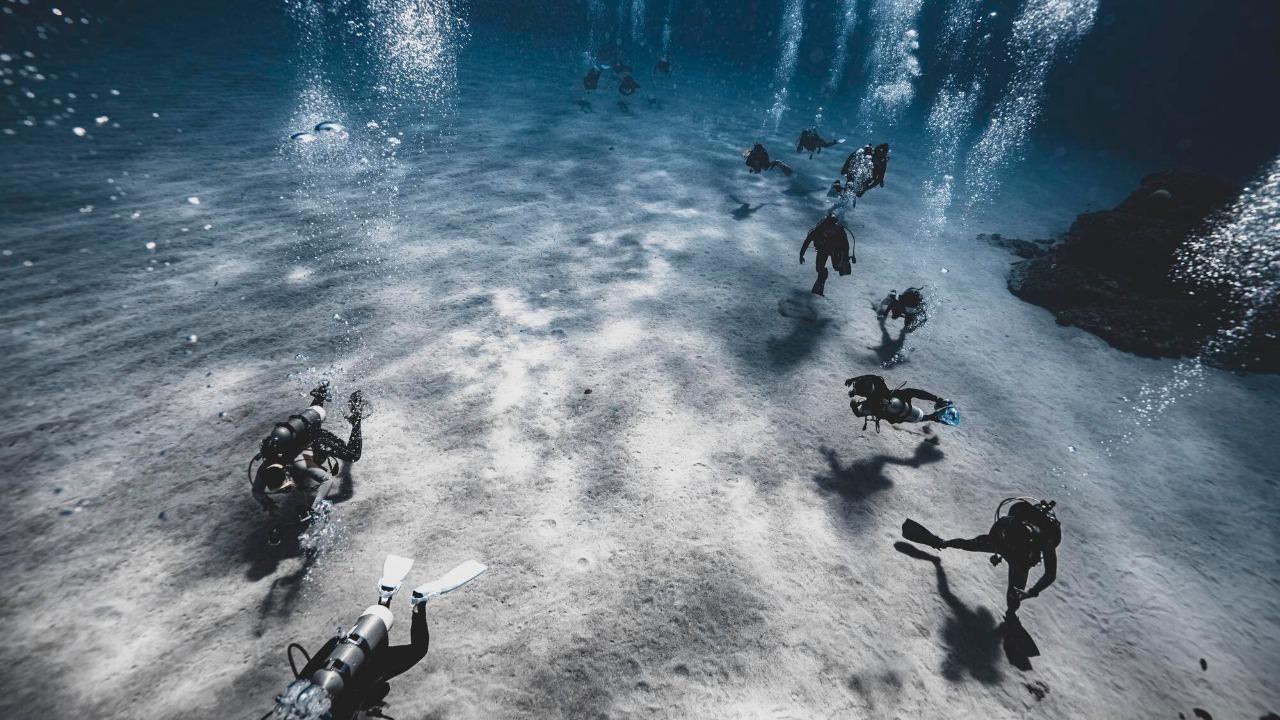
For centuries, the legend of Atlantis has captivated the imagination of explorers, historians, and scientists alike. Recent discoveries have reignited interest in this age-old mystery, as new clues suggest that the lost city might have been more than just a myth. These findings have the potential to uncover the truth behind Atlantis.
Modern Scientific Expeditions and Discoveries

The pursuit of the legendary Atlantis has been invigorated by recent oceanographic missions. Notably, the Woods Hole Oceanographic Institution has been at the forefront of these efforts. Their expeditions have ventured into uncharted waters, employing sophisticated equipment to probe the depths of the ocean in search of clues. These missions have not only brought renewed interest to the legend but also provided a platform for interdisciplinary collaboration between oceanographers, archaeologists, and geologists.
Technology plays a crucial role in these explorations. Advanced underwater drones equipped with high-resolution cameras and sonar mapping technologies have become indispensable tools in the quest for Atlantis. These devices allow scientists to capture detailed images of the ocean floor, revealing submerged landmasses and geological formations that could be remnants of a lost civilization. The use of such technology has significantly enhanced our ability to explore the depths of the ocean and has been pivotal in uncovering potential sites linked to the Atlantis myth.
Among the key findings are geological formations that resemble ancient structures. Recent studies have highlighted discoveries of submerged ruins that bear striking similarities to those described in historical accounts of Atlantis. These include walls, roads, and even large plazas. Although these discoveries are still under investigation, they offer tantalizing clues that could point to the existence of a once-thriving civilization now hidden beneath the waves.
The Theories and Hypotheses Resurfacing

One of the most compelling theories gaining traction is the catastrophic event hypothesis. This theory posits that a massive volcanic eruption could have led to the sudden disappearance of a civilization. This aligns with Plato’s description of Atlantis being swallowed by the sea. New geological evidence supports this hypothesis, suggesting that volcanic activity in regions such as the Mediterranean could have triggered a series of cataclysmic events, leading to the submergence of a large island or landmass.
Geological evidence further bolsters the case for the existence of an Atlantis-like civilization. Studies of underwater topography have revealed features consistent with a large landmass that could have been exposed above sea level in ancient times. These findings suggest that natural disasters such as earthquakes or tsunamis might have played a role in its disappearance. Such geological phenomena are known to have caused significant changes in the earth’s surface, lending credibility to the possibility that Atlantis was a real place affected by such events.
Cultural and historical correlations also offer intriguing insights. Artifacts and records from ancient civilizations, including the Egyptians and Greeks, contain references to a society that shared characteristics with the legendary Atlantis. These accounts describe advanced knowledge in architecture and engineering, hinting at a civilization that was highly developed for its time. The presence of similar motifs and symbols across different cultures suggests the possibility of a shared memory or interaction with a sophisticated society that could be Atlantis.
The Controversy and Skepticism

The debate over the existence of Atlantis remains contentious among scholars. While some historians and archaeologists argue that recent discoveries lend credibility to the legend, others maintain that Atlantis is purely a work of fiction. This ongoing academic debate highlights the challenges of interpreting historical and geological evidence, with each side offering compelling arguments in support of their views.
Skeptics often point to the lack of concrete evidence as a fundamental weakness in the quest for Atlantis. They argue that many findings attributed to Atlantis can be explained by natural geological processes or are misinterpretations of existing ruins. Furthermore, the notion that Atlantis was an allegory used by Plato to convey philosophical ideas rather than a historical account is a viewpoint shared by many in the academic community.
Balancing evidence and myth is perhaps the greatest challenge in the study of Atlantis. The allure of the legend, coupled with the desire for discovery, can sometimes blur the lines between fact and fiction. Researchers must navigate these complexities with caution, ensuring that their interpretations are grounded in scientific rigor while remaining open to the possibility that mythological embellishments may obscure historical truths.
Implications for Modern Science and Culture

The potential discovery of Atlantis holds significant implications for archaeology and geology. It could reshape our understanding of ancient civilizations and provide insights into the geological processes that shape our planet. Such discoveries have the potential to challenge existing paradigms and inspire new research into the histories of lost civilizations and the forces that led to their demise.
Culturally, the legend of Atlantis continues to captivate the public imagination. Its enduring allure is reflected in literature, film, and art, where it serves as a symbol of mystery and exploration. The fascination with Atlantis is a testament to its place in popular culture, inspiring countless stories and adaptations that explore its mythos. As new clues emerge, they not only fuel scientific inquiry but also enrich the cultural narrative surrounding this enigmatic legend.
Looking ahead, future research directions could involve more targeted expeditions using advanced technology to explore potential sites linked to Atlantis. These efforts could foster collaboration across scientific disciplines, bringing together experts in geology, archaeology, and oceanography to piece together the puzzle of this ancient mystery. As the search continues, the interplay between science and culture will undoubtedly shape the narrative of Atlantis for generations to come.
For those intrigued by the possibility of discovering Atlantis, ongoing initiatives offer hope. Modern expeditions and technological advancements continue to push the boundaries of what we know about our planet’s history. As we delve deeper into the mysteries of the past, the legend of Atlantis remains a beacon of curiosity and wonder, inviting us to explore the unknown.